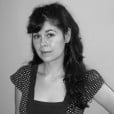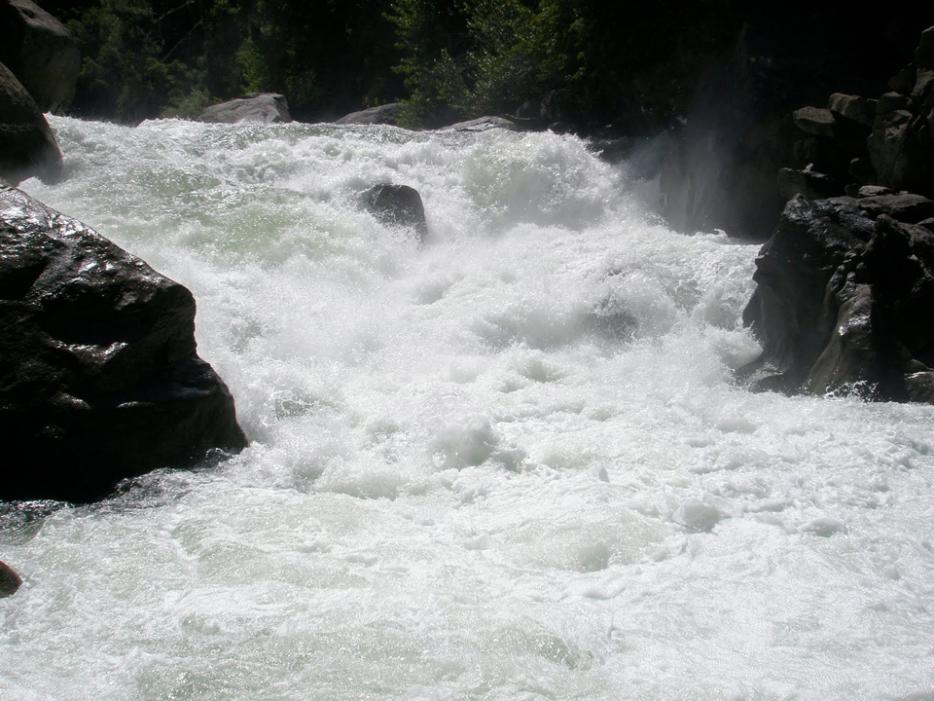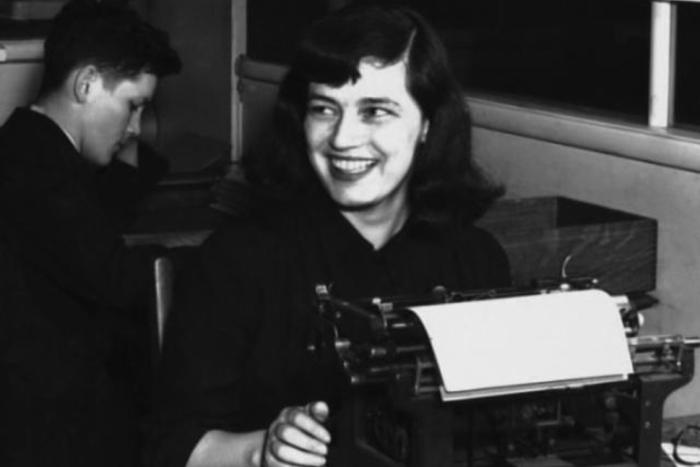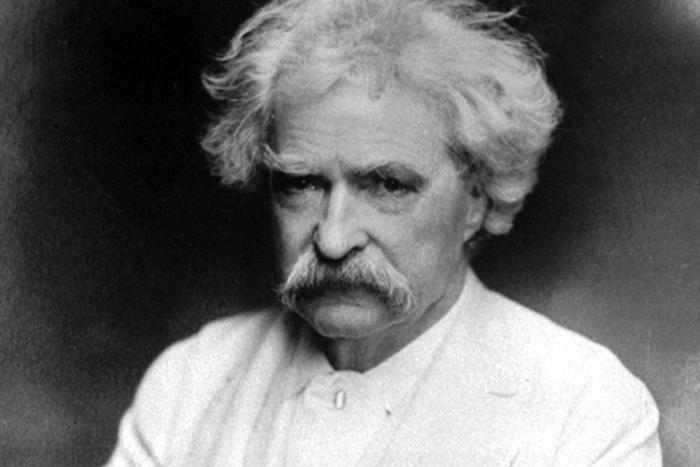My near-death experience happened when I was 20, and like most things a person does at that age it makes me look stupid.
I was working on a farm in the Pyrenees mountains in France, near the Spanish border. The couple who ran it lived in a ruined castle they were rebuilding, so old the windows were vertical slits meant for loosing arrows at your enemies. During the week we cleared scrub off the terraced vegetable beds they were reclaiming and looked after the sweet, soft donkeys rambling around the upper pasture, and on Saturdays we drove in their Jeep across the creek that separated their house from the road and down to the market where they sold homemade jam and bread. It was idyllic except that it was freezing cold and the couple hated us, my friend and I who were incompetent and messy and tirelessly singing Peggy Lee songs at the campfire (“I’m a woooooman! W-O-M-A-N! I’ll say it again!”) when the couple just wanted to contemplate the quiet eternity of the stars.
It was the week before Christmas when it started to rain. We had been cordially invited to find somewhere else to go for the holidays, but it rained in tragic gusts for days and nights on end until the creek between the house and the road swelled up and hid the low bridge. By this point the atmosphere around the farm was tense enough that having my back to the arrow slits made me nervous, so my friend and I, along with another girl, packed up our towering backpacks and wobbled off into the woods to see if the bridge further upstream was passable.
It was still raining when we got to the bridge. We knew the bridge was there because we had walked over it a week or two before; it was a cement slab with no railing, now visible only as a crease in the river where the water rushed over its side.
This, of course, is the part that makes me look stupid. Because I grew up on a river and thought that made me some kind of expert; because I was bossy and insisted on going first; because I was impatient; and because I was 20 and didn’t have the sense to be afraid, I made a false step in the middle of the crossing and was swept off the bridge and carried away.
I was swept backward so fast I had barely time to take a breath before a current dragged me under. I had my eyes open, and watched it get darker and darker as the water pulled me deeper. Swimming was a fantasy notion in water so much stronger than me, the churning confusion of it all I could see or hear or touch. I went over a waterfall and slammed down onto a rock at the bottom with my whole body—only the wet mass of my backpack, still strapped to me, kept my neck from being broken.
I kept being catapulted to the surface, where I tried to grab at reeds and tree branches within my reach, but I would always be sucked back under. Every time the water closed over my head and the light got greener and faded away as I sank deeper, I knew for a fact that I would die. It was all a mistake but it was too late now, there was nothing anyone could do, and I thought of my parents and my boyfriend and all the writing I had wanted to do and I knew it was my own fault for being so incredibly stupid.
But then, somehow, I didn’t die. Instead, I washed up into an eddy of sticks and bark and mud, and one of the girls, who had been running along the bank trying to keep up with me while the other ran for help, saw the hood of my bright pink raincoat bobbing in the muddy water and pulled me in. I couldn’t move my fingers to grab her hand; it was late December and the water was near freezing. When she got me onto shore she had to unclasp the buckles of my backpack for me.
*
A decade later, I’m wondering: how does a brush with death fit into the rest of your life? Carol Shaben’s Into the Abyss narrates a far more horrific story than mine, in which a plane crash on a mountain top in northern Alberta kills six people and leaves another four exposed in sub-zero temperatures all night, injured and hoping for rescue. The four survivors are a cop, a criminal, a politician, and a pilot, and over the course of the night each confronts the likelihood of his own demise. They huddle around a campfire to stave off hypothermia, their backs to the wreckage of the plane where the bodies of the dead freeze to one another.
A rescue plane does find them in the morning, and the men fly back to their normal lives. But, of course, their normal lives are gone, and in their place is a new kind of existence. The twenty-two-year-old pilot suffers the most, his guilt at causing the crash through fatigue and navigational error overwhelming him. The others feel their own guilt, for surviving when others died.
In the immediate aftermath, the physical fact of being alive is a terrifying miracle, a reprieve that could be revoked at any time. I wanted to lock myself up somewhere with soft furniture, warm blankets, and an expert medical team standing by at all times. At the same time, I felt like even sleep was a waste, that I should be working furiously to make my time on earth matter before it ended forever. Escaping death seemed to come with a new responsibility: to truly appreciate life, and to use it well.
But it’s impossible to inhabit that state of heightened awareness on an ongoing basis. And even with the best intention of “using life well,” it’s hard to know what that means. Is it more like writing an amazing novel or more like running through fields full of wildflowers? Working to eliminate hunger or eating the fanciest cheeses every day? Am I allowed to watch TV ever again? It also feels tacky to spend too much time thinking about yourself in this way, as if your own personal survival is of great cosmic significance. You were lucky. So what?
On Christmas Day, five days after I almost drowned, I was sitting on a bench outside the train station in Perpignan, the closest town to the put-upon couple’s farm. In 1963, Salvador Dalí declared that he always got his best ideas waiting at the train station in Perpignan, which must mean that Perpignan was the centre of the universe. I had two black eyes, and my brow was so swollen it was like looking out from inside the entrance to a cave. I was watching the largest flock of the smallest birds I’d ever seen swooping in and out of the fronds of an enormous palm tree. I was only twenty, and I hadn’t known that palm trees grew in the Mediterranean. At the centre of the universe, I found I didn’t known much.






